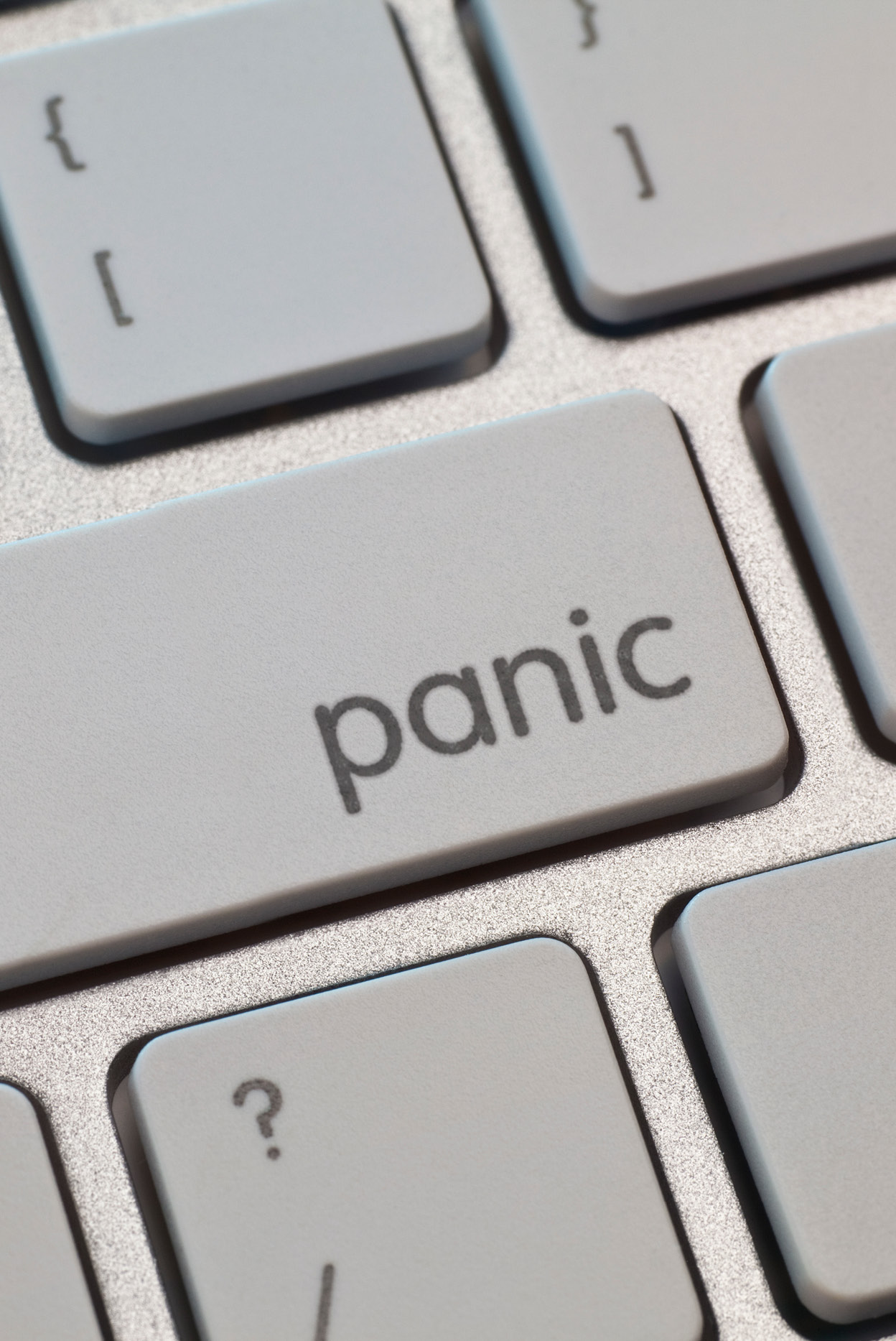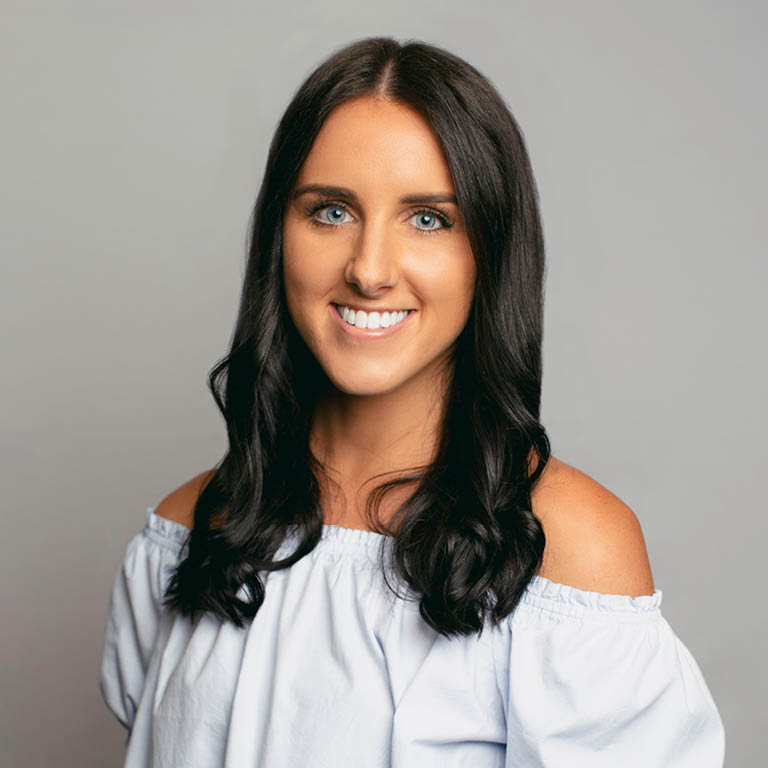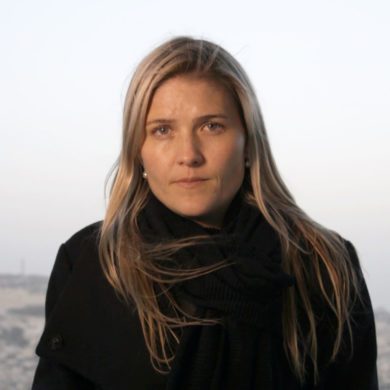Last Thursday, I realised I’d just spent two hours refreshing my news feed obsessively. I had read everything I could about coronavirus, clicking compulsively on each doom-laden headline and frightening statistic. My pregnant sister had attended a doctor’s surgery where a case of Covid-19 had been diagnosed – knowledge that fuelled my imaginings. At 4am I was wide-awake, heart racing and head filled with what-ifs.
This scrolling for stories had to stop.
I struggled with anxiety in my early 20s and had sought help while at university. In cognitive behavioural therapy I learnt valuable lessons about how our thoughts, if left unchecked, could lead us into a downward spiral – something I could sense was happening now.
I know I’m not the only one feeling this way, either. Friends are panicking too, trading information and sharing stories in WhatsApp groups, peppering their posts with a sprinkling of ‘insider’ knowledge from someone’s partner/sister/neighbour who’s a doctor.
I had read everything I could about coronavirus
“The anxiety is palpable,” says Dr Mark Cross, who wrote Anxiety, a book that looks at its causes and treatments, and was released (with spectacular timing) last week. Dr Cross, who has suffered with anxiety since he was six, points out that Australians are facing COVID-19 having already spent the summer gripped by fear, thanks to the bushfires that ravaged the country.
“Everyone I treated earlier this year was affected by the fires and no-one felt calmed by the government’s response. I am experiencing the same reaction now, this time with COVID-19,” he says.
Anxiety is already the most common mental health condition in Australia, affecting two million of us, according to Beyond Blue – and rates are rising, too.
In the face of uncertainty, some level of fear is natural. Constructive even, if it helps us stick to self-distancing guidelines. But when spiralling anxiety prevents us from making good decisions, taking adequate care of ourselves (or others), or begins to impact our relationships, it’s time to seek help.
The anxiety is palpable
Clinical psychologist Renee Mill has over 30 years of experience in helping anxiety suffers, and says that while we may be eager to stay informed at times like these, a constant stream of news can be harmful. “Watching the same visuals over and over and hearing catastrophic language sets off your fight-or-flight reactions. It keeps you on high alert which, long term, is debilitating.”
She advises setting boundaries around phone usage and social media consumption.
Dr Cross agrees, adding, “Constant news cycles, giving mixed messages and false information are not good for our mental health.” He recommends keeping things in perspective by only listening to advice from experts, “not your mouthy doomsday neighbour who is known for creepy conspiracy theories”.
Ultimately, says Mill, anxiety is the ‘what if’ syndrome. “It is just your imagination which conjures up all sorts of terrible possibilities. Focus on today. How can you bring joy into the now? Plan realistically and then live in the moment. Practice mindfulness, relaxation and meditation. Exercise any way that you can. Put on music and dance – and stay in contact with others.”
Constant news cycles are not good for our mental health
Contact with others is, in my experience, crucial. Social isolation only exacerbates feelings of anxiety, leaving me more time alone with my thoughts. As we adjust to social distancing Dr Cross says that it’s “imperative that we use FaceTime and social media” to stop us feeling disconnected. “Video call someone new every day. Form community groups and check in with those who feel isolated.”
Mill agrees that keeping in touch is essential, but warns we should have boundaries in place, so we don’t spend hours talking about the same thing. “Going round and round, ruminating, just worsens anxiety. We do need social support, [as] sharing feelings helps, but try to find one or two people to share concerns with, then have a WhatsApp group that is a pandemic chat-free zone.”
Over the years I’ve developed what I like to think of as a ‘mental health checklist’, which I tick off when I need to. In the coming weeks I’ll be making a conscious effort to do the things I know make me feel good. Practising yoga (even if it is in the living room), checking in with friends (even if it is via FaceTime) and refocusing on my breath each time another worse-case scenario pops into my head.
“I hope and trust that our commonality, our sense of community and family will prevail,” says Dr Cross. “We are being asked to go to our couch, not war. We can FaceTime, Skype and use social media to our advantage and to remain in loving and caring contact through this difficult time. We are not alone.”












No Comments